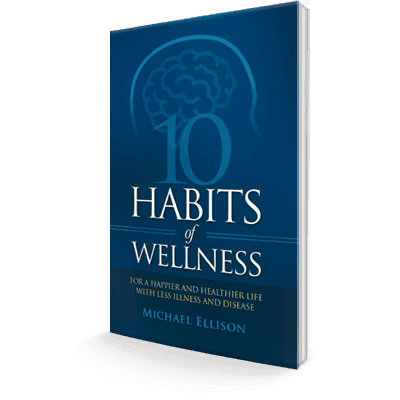Have you ever wondered why your body feels heavy or why you feel sluggish? You’re not alone.
Lots of people feel heavy and sluggish all the time, which can make it hard to do things they enjoy. They struggle to find energy and motivation for daily activities. It is important to understand why you feel this way so you can find ways to feel better and have more energy.

Common Causes of Heaviness
Poor Diet
Your diet plays a significant role in how you feel. Consuming foods high in sugar, unhealthy fats, and processed ingredients can lead to weight gain and a sense of heaviness. These foods often lack essential nutrients, leaving your body deprived of what it needs to function optimally. A diet rich in fruits, vegetables, lean proteins, and whole grains can help you feel lighter and more energized.
Dehydration
Water is essential for maintaining bodily functions, including digestion, circulation, and temperature regulation. When you’re dehydrated, your body struggles to perform these tasks efficiently, leading to a sense of fatigue and heaviness. Aim to drink at least eight glasses of water daily to keep your body hydrated and functioning at its best.
Lack of Exercise
Regular physical activity is crucial for maintaining a healthy weight and boosting energy levels. A sedentary lifestyle can lead to muscle weakness, weight gain, and a general feeling of sluggishness. Integrating physical activity into your everyday schedule, even in minimal quantities, can have a substantial impact. Begin with physical activity you find enjoyable, such as walking, swimming, or practicing yoga.
Sleep Deprivation
Not getting enough sleep can have a profound impact on your overall well-being. Sleep is when your body repairs and recovers, and without sufficient rest, you may feel tired and heavy. Aim for 7-9 hours of quality sleep each night to ensure your body has the time it needs to recover and rejuvenate.
Stress
Chronic stress can take a toll on your body, leading to fatigue and a feeling of heaviness. When stress occurs, your body releases cortisol, a hormone that can cause weight gain and disrupt your sleep patterns. To reduce stress on your body, try techniques like prayer, mindfulness, meditation, and deep breathing.

Medical Conditions
Certain medical conditions, such as hypothyroidism (underactive thyroid), depression, and chronic fatigue syndrome, can cause feelings of heaviness and tiredness. If you have made changes to your lifestyle but still feel heavy, it’s a good idea to see a healthcare professional. They can check for any medical issues that could be causing your symptoms.
Addressing any underlying health concerns is important to improve your overall well-being. If you feel heavy despite trying to be positive, don’t be afraid to ask for help. Your healthcare provider can offer guidance and support to help you feel better.
Strategies to Combat Heaviness
Stay Hydrated
Drinking enough water is essential for maintaining your energy levels and preventing that heavy feeling. If you find it challenging to drink plain water, try infusing it with fruits like lemon, cucumber, or berries for added flavor. Herbal teas and coconut water are also excellent hydrating options.
Regular Exercise
Regular physical activity can significantly reduce feelings of heaviness. Exercise helps improve circulation, increase muscle strength, and boost your mood by releasing endorphins. Start with activities you enjoy, and gradually increase the intensity and duration as your fitness improves. Aim for at least 30 minutes of moderate exercise most days of the week.
Improve Sleep Quality
It’s crucial to secure sufficient high-quality sleep to feel rejuvenated and lively. Establish a steady sleep schedule by persistently going to bed and waking up at identical times every day.
Create a relaxing bedtime routine, such as reading a book or taking a bath. This will signal to your body that it is time to unwind and get ready for sleep. Make your sleep environment conducive to rest by keeping it cool, dark, and quiet.

Manage Stress
Finding effective ways to manage stress can significantly reduce feelings of heaviness. Mindfulness and meditation practices can help calm your mind and reduce cortisol levels. Deep breathing exercises, progressive muscle relaxation, and yoga are also excellent ways to relieve stress and promote relaxation. Spending time in nature, engaging in hobbies, and connecting with loved ones can provide a much-needed mental break.
Medical Conditions
If lifestyle changes don’t help, see a doctor for heaviness. It is important to seek medical advice if symptoms persist. During a thorough evaluation, they can check for any medical conditions that might be causing your symptoms. Conditions such as an overactive thyroid, depression, and chronic fatigue syndrome require medical treatment and management.








